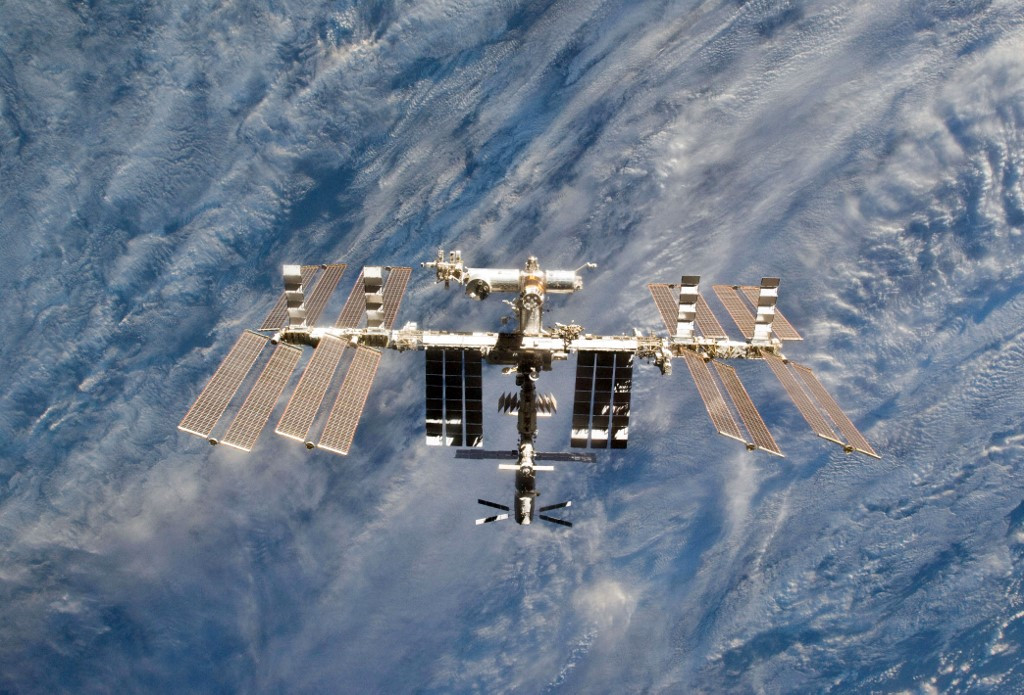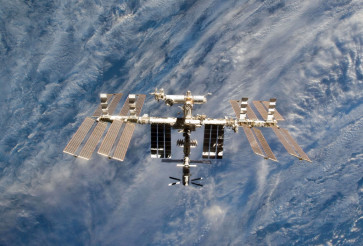Popular Reads
Top Results
Can't find what you're looking for?
View all search resultsPopular Reads
Top Results
Can't find what you're looking for?
View all search resultsIndonesia at a crossroads in pursuing spaceport dream
In light of the current geopolitical tensions on earth that have extended into outer space, the government should consider applying for MTCR membership while reframing its foreign policy stance in order to pursue its dreams of developing a spaceport on Indonesian soil.
Change text size
Gift Premium Articles
to Anyone
T
ensions between the West and Russia have escalated to a critical level in outer space. Russia’s invasion of Ukraine has led to numerous sanctions against the aggressor, including one on national space agency Rocosmos and private aerospace companies. Sanctions against Russia’s aerospace industry have increased existing tensions and lead to reinstating bipolarity in space activities, as happened during the Cold War space race.
Such bipolarity will more or less affect Indonesia’s space activities also, either directly or indirectly, particularly its plan to build a spaceport in Biak, Papua.
As an equatorial country, Indonesia is aware of its highly strategic location in facilitating space activities. One of its most important strategies is launching a program to promote Indonesia as a newly emerging space power: a game changer that will also bring economic benefits.
Indonesia has dreamed of building a spaceport since 1963, but due to the political turmoils of 1965 and 1998, the plan remained excluded from national legislation and policy until 2013, when the government enacted Law No. 21/2013 on Space Activities.
The 2013 Space Law sets legal grounds to begin planning long-term Indonesian space activities. This includes developing a national spaceport in Indonesian territory. The mandate has been reinforced in the 2016-2040 Space Industry Development Master Plan, with phased targets for building the spaceport. Currently, the National Institute of Aeronautics and Space (Lapan) is drafting a regulation on spaceport operation and space commercialization.
Indonesia’s spaceport will likely have the capability to launch a dual-stage rocket carrying low earth orbit (LEO) satellites by 2040. The spaceport is to be for both government and private launches. It is ideal for Indonesia, considering its vast sea territory, not to mention its location near the equator.
In 2002, Russia expressed its interest in building an "air launch system" in Biak, followed by signing an agreement in 2006. Russian interests include a strategy to build confidence and strengthen its presence in space technology in Southeast Asian countries, Indonesia in particular. No recent discussions have been held between Indonesia and Russia to realize the plan.



















